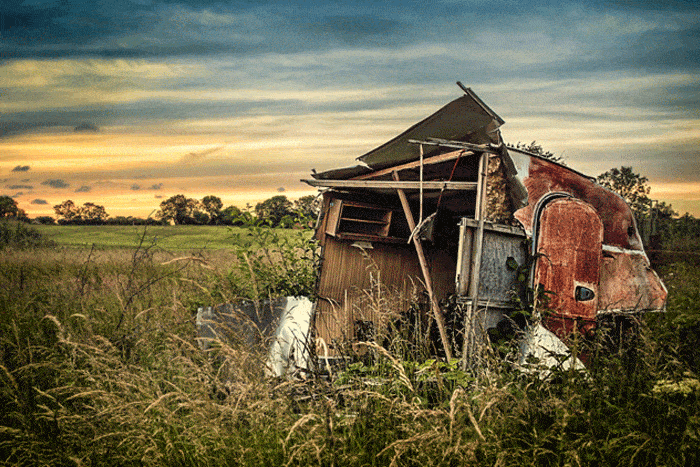Fly tipping is a bad habit that’s on the increase so make sure you’re sufficiently covered against fly tipping.
Fly tipping is still on the increase, so much so that in April 2022 the Government announced that it is looking at stopping local authority refuse sites from charging for disposal of DIY waste1, in the hope more people will act responsibly. However, the wheels of government inevitably grind slowly to ensure everyone gets their say, and even if the change happens, it’s no guarantee of good behaviour. So, what can you do to protect yourself from the cost of clearing rubbish dumped in your grounds?
If you are concerned that you are vulnerable to fly tipping, do ask us as some of our policies include fly tipping cover up to £25,000 per claim in any one period of insurance. That means you can get the mess cleaned up quickly and safely.
You can also help to prevent fly tipping by ensuring that any contractors you hire who are also responsibly to remove your waste as part of a job, are a registered waste carrier. Ask to see their certificate, or alternatively check with the Environment Agency.
How big is the risk?
Sadly the year ending March 2021 saw local authorities in England alone dealt with 1.13 million fly-tipping incidents, an increase of 16% from the 980,000 reported in 2019/20, according to latest available statistics2. It may be that some of that increase was due to the pandemic and difficulties accessing disposal sites – a poor excuse – but the bottom line is that it’s still an awful lot of illegally dumped trash. Besides, DIY waste and old household furniture and appliances have plenty of potential to have sharp and dangerous edges or old nails sticking out.
The government’s stats also show that just under two thirds (65%) of fly-tips involved household waste. The most common fly tip was equivalent to a small van load, followed by a car boot’s worth or less, and the most common tipping sites are on the public highway or footpaths, where the Council will clear it. If you are a private landowner, though, and become a victim of fly-tipping then it is your responsibility to safely dispose of the waste and pay any costs for doing so. You should still report the incident to your local authority or the Environment Agency, advises Keep Britain Tidy3.
London and the Northeast top the roll of shame with more incidents per capita than other regions. The South east beyond London and South West came out rather better. Sadly, only 57,000 culprits were caught and fined.
1 .https://www.gov.uk/government/consultations/household-waste-recycling-centres-diy-waste-disposal-charges-and-booking-systems
FP249-2017 (REVIEWED 28 April 2022)
The sole purpose of this article is to provide guidance on the issues covered. This article is not intended to give legal advice, and, accordingly, it should not be relied upon. It should not be regarded as a comprehensive statement of the law and/or market practice in this area. We make no claims as to the completeness or accuracy of the information contained herein or in the links which were live at the date of publication. You should not act upon (or should refrain from acting upon) information in this publication without first seeking specific legal and/or specialist advice. Arthur J. Gallagher Insurance Brokers Limited trading as Deacon accepts no liability for any inaccuracy, omission or mistake in this publication, nor will we be responsible for any loss which may be suffered as a result of any person relying on the information contained herein.
